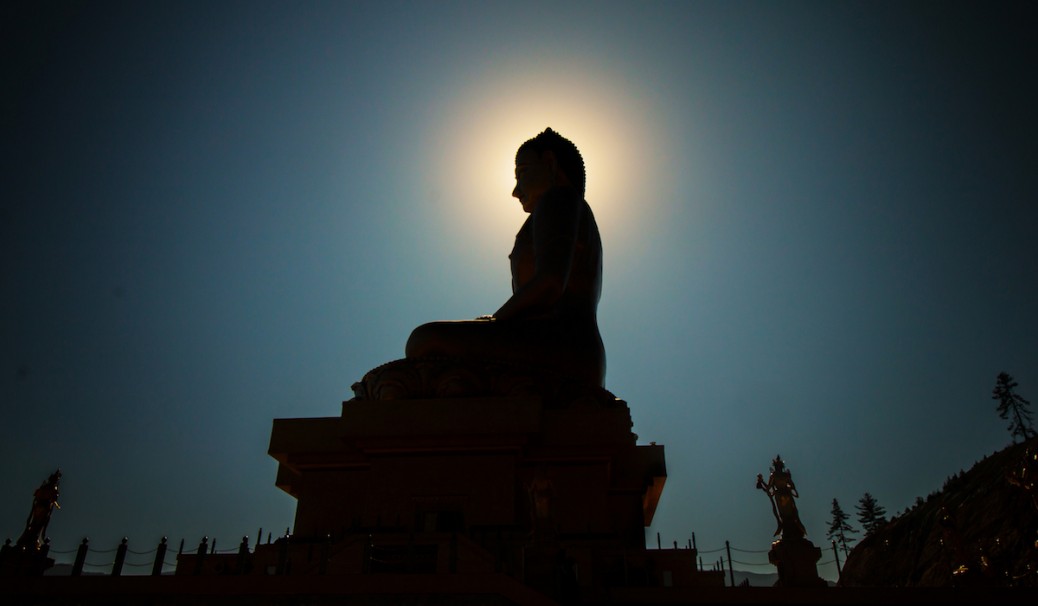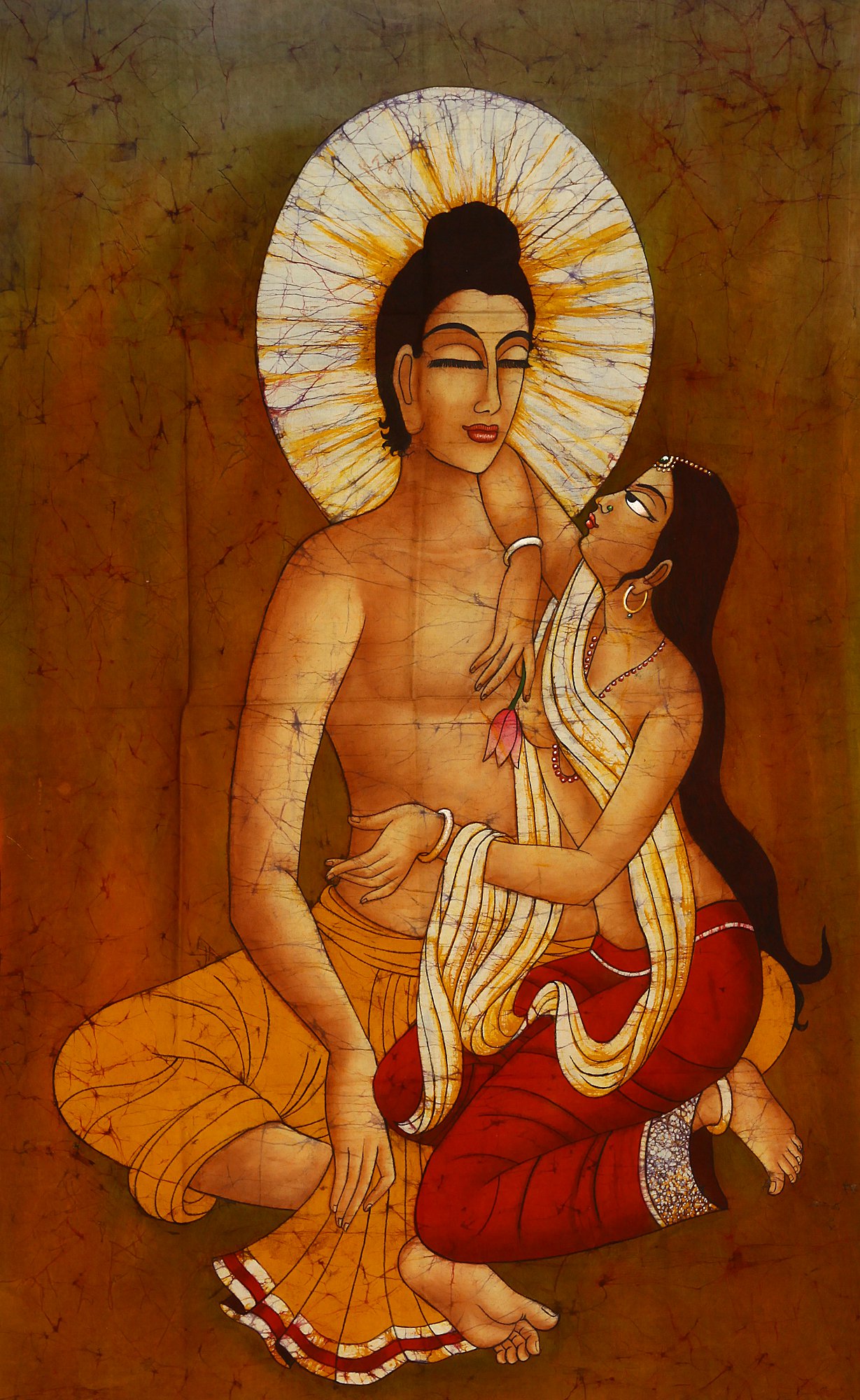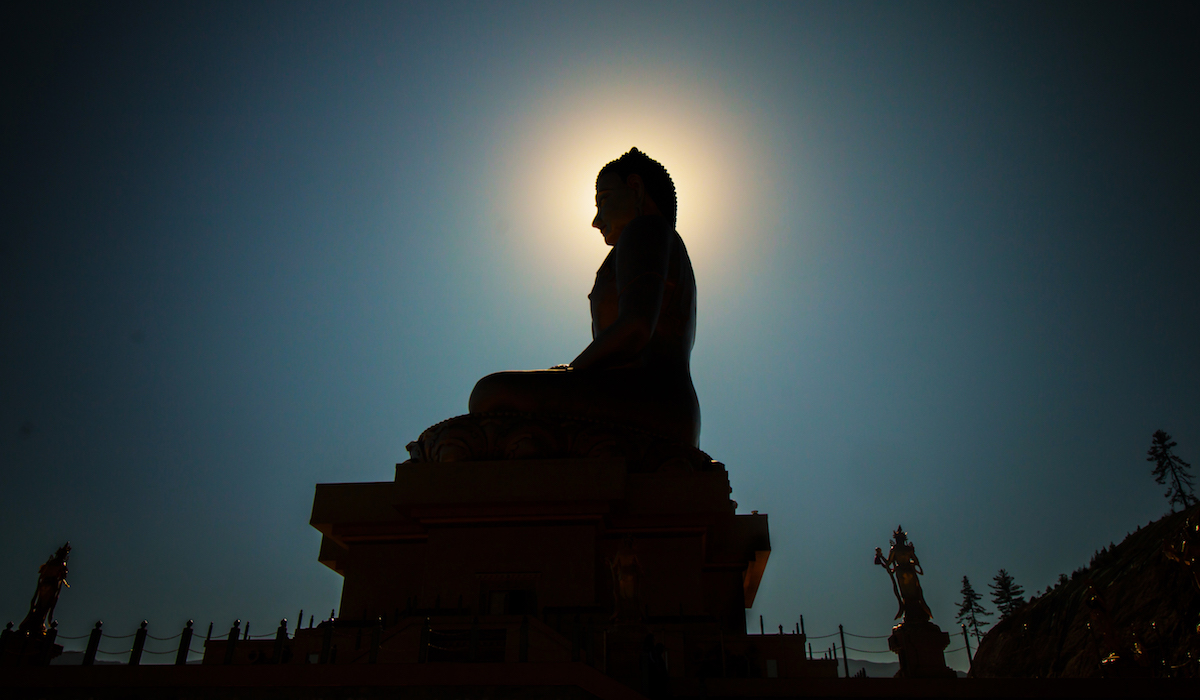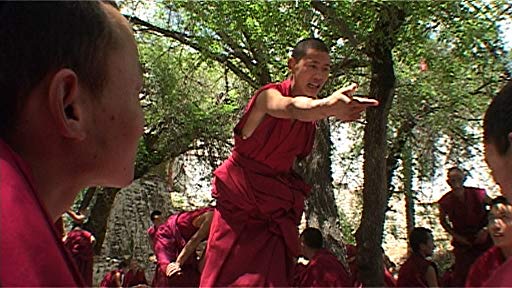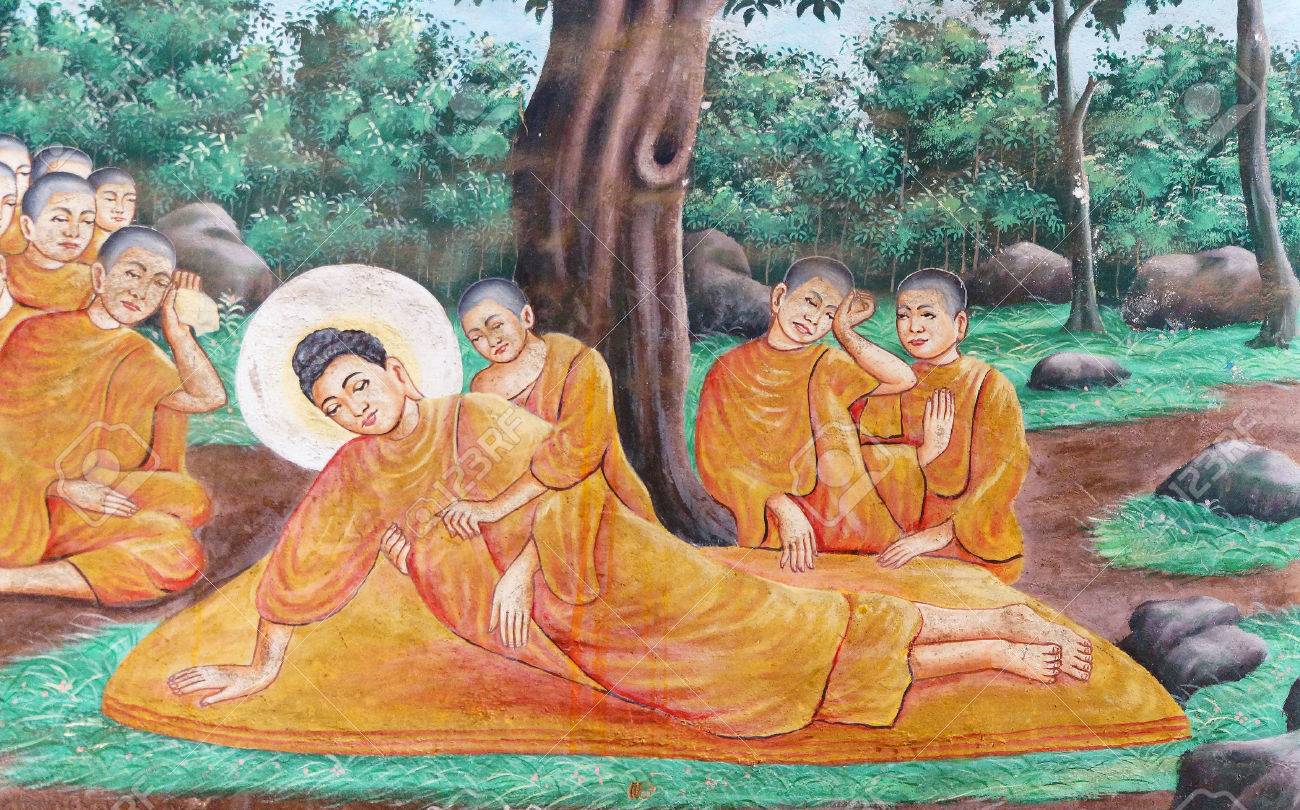The Philosophy Of Emptiness
It is possible soon. Space can be pulled out and then it can be again forced in, and the engine will take its shape again. Then big things can be carried without much problem. The weight will remain the same but the shape, the form, will become smaller and smaller. A matchbox can contain a railway engine, but the weight will remain the same, because space has no weight. You can pull out the space but you cannot pull out the weight. The weight will remain the same because weight is contained by the atoms, not by the space. They say that the whole earth can be condensed into the form, the shape, of one apple, but the weight will remain the same. And if you pull apart all these atoms; if you take one atom out, and then another, and then another; if you take all the atoms out, nothing will be left behind – so matter is just an appearance.
Buddha has analyzed the human mind in a simpler way: he is one of the greatest scientists possible. He says your ego is nothing but desires, atomic desires. There are millions of desires; they make you. If you go on pulling out desires one by one, a moment will come when there is no desire left, you have disappeared just space, just vacant space remains. And this, Buddha says, is nirvana. This is the cessation of your being completely; you are no more. And Buddha says this is silence: unless you are completely gone, silence cannot descend on you. Buddha says you cannot be silent because you are the problem; you cannot be peaceful because you are the disease; and you can never be blissful because you are the only barrier. The bliss can come at any moment but you are the barrier. When you are not, bliss will be there; when you are not, peace will be there; when you are not, silence will be there, when you are not, ecstasy will be there. When your inner being is totally empty, this emptiness itself is bliss. That’s why Buddha’s teachings are called shunyawad, the philosophy of emptiness, or the philosophy of zero.
These four techniques are to attain this state of being, or you can call it this state of no-being – there is no difference. You can give it a positive term, as Hindus and Jainas have called it, soul, or you can give it a more appropriate but negative term, as Buddha has called it, anatta, no-selfness or no-soulness. It depends on you. But whatsoever you call it, there is no one to be named and called, there is just infinite space. That’s why I say that these are the ultimate techniques, the most delicate, the most difficult – but the most wonderful. And if you can work with any of these four techniques, you will gain the unattainable.

